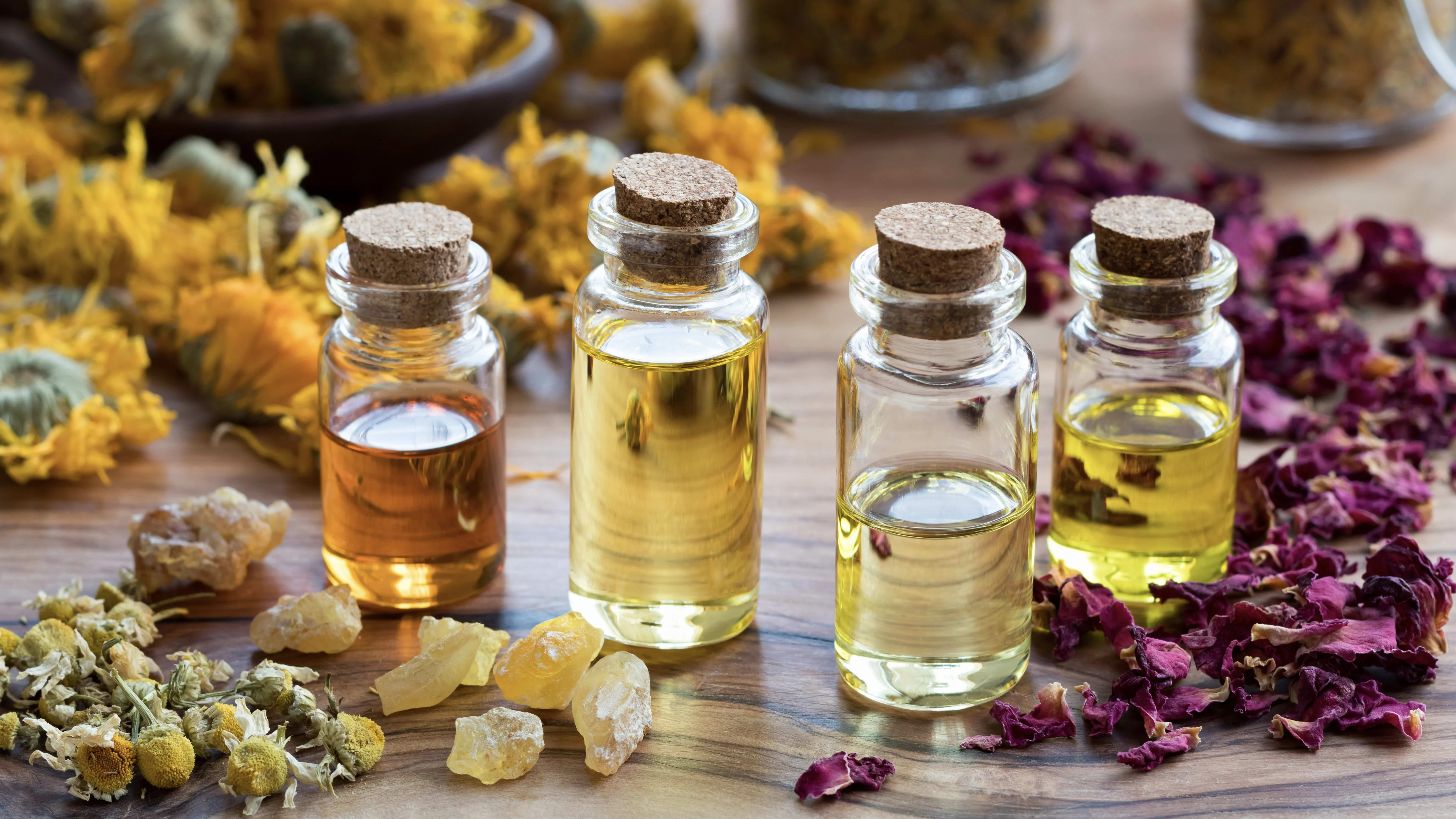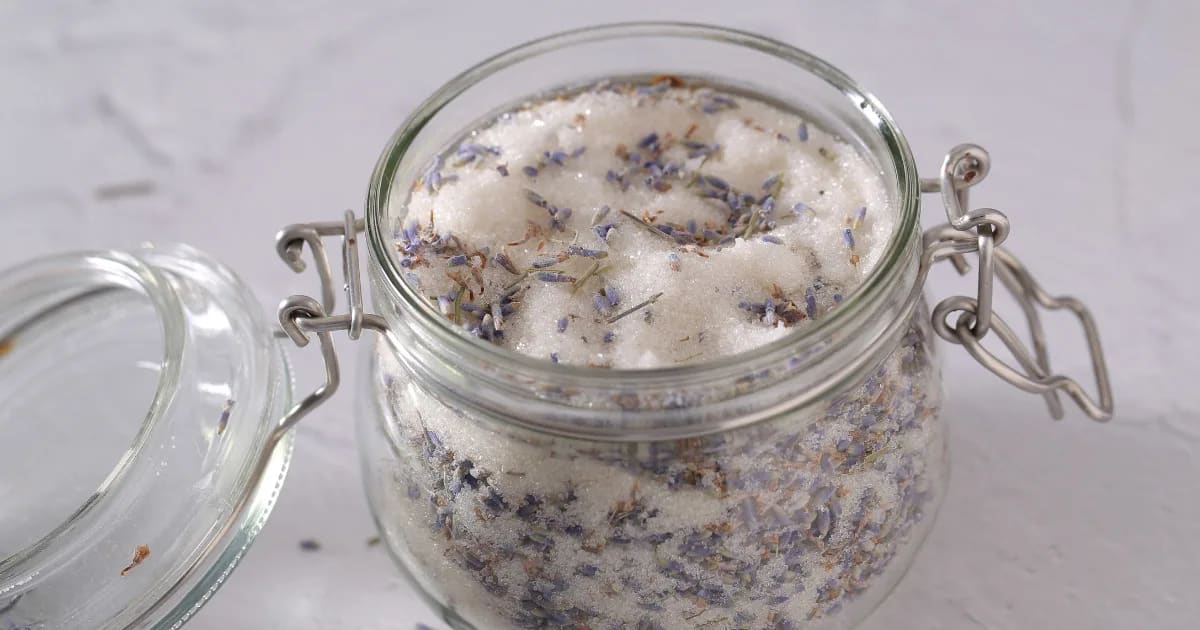Essential Oils for Heart Health & Blood Pressure

Essential Oils and Heart Health
Protecting your heart is one of the most important things you can do for your overall health. And research on essential oils and heart health shows aromatherapy can help!
Before we dive into the topic of essential oils and heart health, let’s get a quick overview on what blood pressure is and how it contributes to the health of your heart.
What is Blood Pressure?
If you’ve had your blood pressure taken, you’re probably familiar with the two numbers the nurse or practitioner records (for example, 120 over 80). But what do the numbers mean? The first number is systolic blood pressure, and the second is diastolic blood pressure.
Systolic blood pressure is how hard your heart beats (the maximum pressure it exerts on a beat).
Diastolic blood pressure is the level of pressure present in your arteries between beats.
Both measurements are important, but doctors usually focus more on systolic blood pressure. Stroke and heart disease are often associated with higher systolic numbers.
According to the CDC, nearly half the population of the United States has high blood pressure, aka hypertension. That’s a lot! It means most of us have a 1 in 2 chance of developing hypertension. It’s more common in men than in women, but it’s a serious problem for all genders. High blood pressure is a chronic issue that can lead to more serious problems over time, like kidney disease, vision loss, heart attack, stroke, and more.
Studies on Essential Oils and Heart Health
Let’s review two studies that explored the role essential oils can play in lowering blood pressure. These studies were small (involving fewer than 100 people), but they were completed using willing human participants. They also had control and placebo groups, which is a key element to look for in good research studies.
The First Study
The first study measured the effect of three essential oils on people with hypertension.
It included 52 people separated into three groups:
Essential oil group
Placebo group
Control group
The essential oil group inhaled a blend of lavender, ylang-ylang, and bergamot once a day for four weeks. (The study didn’t include the Latin names of the oils, but we assume they’re Lavandula angustifolia, Cananga odorata, and Citrus bergamia.)
The study doesn’t mention what the placebo group inhaled.
The control group didn’t inhale anything during this time.
Each group was tested twice a week for blood pressure and other indicators of heart health. The essential oil group experienced lower stress levels, less anxiety, and more regulated blood pressure and pulse. Researchers concluded:
The results suggest that the inhalation method using essential oils can be considered an effective nursing intervention that reduces psychological stress responses and serum cortisol levels, as well as the blood pressure of clients with essential hypertension.
The Second Study
This study separated 22 people with hypertension into a control group and an experimental group.
The experimental group inhaled a blend of lemon (Citrus limon), lavender (Lavandula angustifolia), and ylang-ylang (Cananga odorata) essential oils.
The control group inhaled an artificial lemon fragrance.
For three weeks, each group breathed in their aromas for two minutes twice a day. Researchers found:
There was a noticeable difference in systolic blood pressure between the groups, however the difference in diastolic pressure . . . was not significant.
The essential oil group also had lower sympathetic nervous system activity (which means the stress response was less activated). The researchers decided that “Aromatherapy is effective in lowering systolic blood pressure and sympathetic nerve system activity.”
What This Research Means for You
This is great news! It means we can use these popular essential oils for heart health!
We don’t even have to go to an exotic location and pay high costs for rare therapeutic plants.
These oils are common—a lot of people consider them aromatherapy staples:
Bergamot Oil (Citrus bergamia)
Lavender Oil (Lavandula angustifolia)
Lemon Oil (Citrus limon)
Ylang Ylang Oil (Cananga odorata)
The studies show that we can inhale these oils on a regular basis to help lower systolic blood pressure, calm stress and anxiety, and support heart health overall.
What’s especially encouraging is that multiple other studies confirm these results!
In one study including 95 people, lavender and ylang-ylang helped lower anxiety and blood pressure during a stressful math test.
Another study on ylang-ylang alone showed that it reduced blood pressure and pulse rate in 24 healthy individuals.
The list of examples could go on and on!
But the Research Doesn’t Mean…
This research doesn’t mean these four oils can heal high blood pressure.
Essential oils should be used safely along with any strategies your doctor recommends, like taking medications and living a heart healthy lifestyle.
That might include eating well, getting enough exercise, and reducing stress in your life. (The link takes you to a post about stress relief over the holidays, but the info in that post is valid all year!) If your job constantly causes you serious stress and anxiety, these oils can help take the edge off . . . but it would also be a good idea to consider a career change to something less stressful.
It also doesn’t mean the oils are shown to prevent things like stroke, heart disease, heart attack, high cholesterol, and other issues. We only know they can calm the nervous system, reduce stress, and lower systolic blood pressure.
How to Use These Oils for Heart Health
Participants in both studies inhaled the essential oils and saw excellent results!
You can choose your favorite of the four oils and make yourself an inhaler to use twice a day, every day. Use 15 drops of essential oil total in an inhaler. Regular exposure to the oils seems to significantly boost heart health over time! Diffusing the oils would also be a great option. In that case, about 9 drops would be the right amount.
Prefer topical blends? The studies didn’t mention any topical use of the oils, but there’s no reason you can’t use them in that way! To use them consistently, add from 10 to 12 drops of essential oil to 1 fl oz (30 ml) of the carrier—like jojoba (Simmondsia chinensis) or avocado oil (Persea gratissima).
Just be aware that the two citrus oils in these studies, bergamot, and lemon, are phototoxic. If you apply them to your skin and then expose that skin to sunlight, you can experience burns, blisters, a rash, or skin discoloration. There are safe ways to apply these oils topically. Learn how in this post from The Aromahead Notebook!
FREE TRAINING!
Unlock the Power of Essential Oils!
Dive deeper into the complex and nuanced world of essential oils! You’ll learn foundational EO strategies you can use right away, get a clear understanding of where you are in your essential oil journey, and discover a proven path toward greater confidence, credibility and opportunity through aromatherapy certification!
REFERENCES
American Heart Association. (2016, October 31). Health Threats From High Blood Pressure. https://www.heart.org/en/health-topics/high-blood-pressure/health-threats-from-high-blood-pressure
Bae I., Song J.A., Lee M., & Hur M. (2018). Effects of aromatherapy essential oil inhalation on the stress response after exposure to noise and arithmetic subtraction stressor: randomized controlled trial. INTERNATIONAL JOURNAL OF CLINICAL AND EXPERIMENTAL MEDICINE, 11(1), 275-284.
Centers for Disease Control and Prevention. (2021, September 27). Facts About Hypertension. https://www.cdc.gov/bloodpressure/facts.htm
Cha JH, Lee SH, Yoo YS. [Effects of aromatherapy on changes in the autonomic nervous system, aortic pulse wave velocity and aortic augmentation index in patients with essential hypertension]. Journal of Korean Academy of Nursing. 2010 Oct;40(5):705-13. Korean. doi: 10.4040/jkan.2010.40.5.705. PMID: 21157172.
Harvard Health Publishing. (2021, February 15). Which blood pressure number is important? https://www.health.harvard.edu/staying-healthy/which-blood-pressure-number-is-important
Hongratanaworakit T, Buchbauer G. Evaluation of the harmonizing effect of ylang-ylang oil on humans after inhalation. Planta Medica. 2004 Jul;70(7):632-6. doi: 10.1055/s-2004-827186. PMID: 15303255.
Hwang JH. [The effects of the inhalation method using essential oils on blood pressure and stress responses of clients with essential hypertension]. Taehan Kanho Hakhoe Chi. 2006 Dec;36(7):1123-34. Korean. doi: 10.4040/jkan.2006.36.7.1123. PMID: 17211115.





